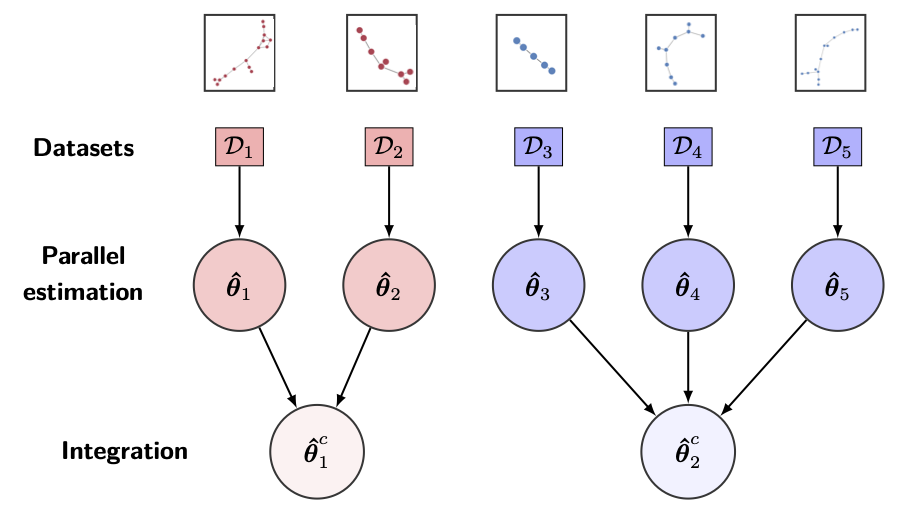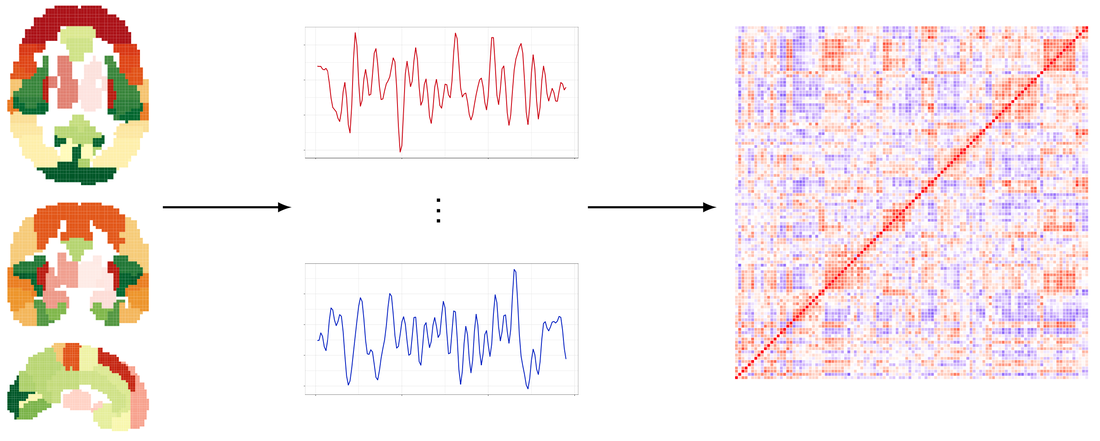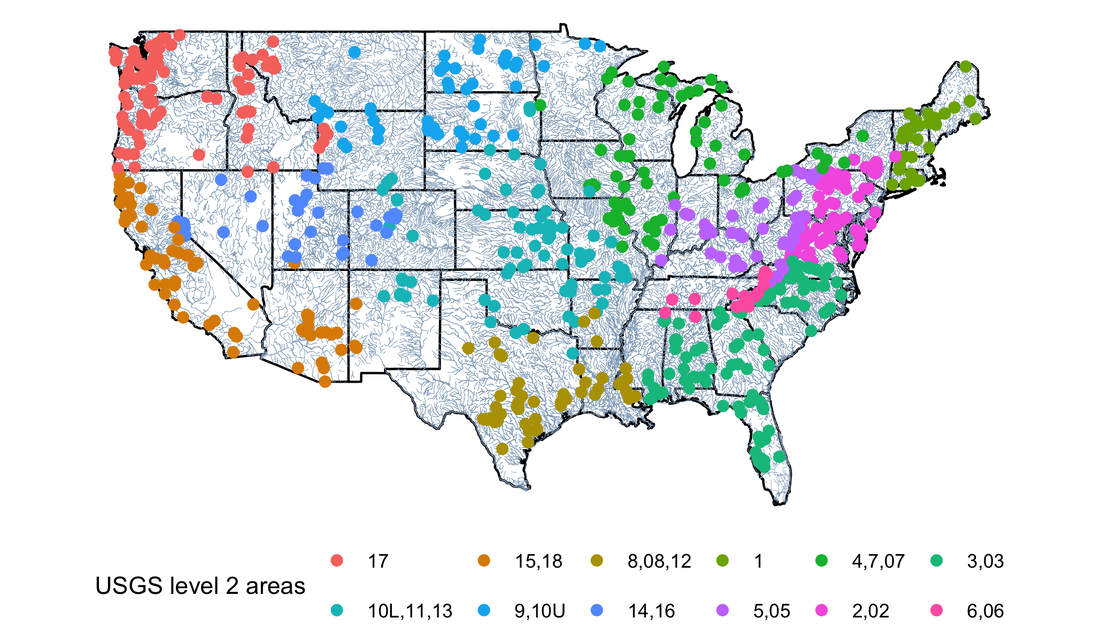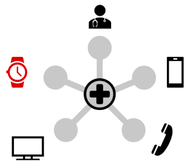|
Broadly, my research program focuses on the development of methods for distributed statistical inference. The development of new statistical methods for integrative analyses of multiple data sources empowers us to answer meaningful scientific questions that could not have been addressed with a single data source. I am particularly interested in problems related to heterogeneity of data sources, dependence between data sources, and computational efficiency and data privacy of distributed methods. These distributed methods can also be applied as divide-and-conquer solutions with big data, for which a centralized analysis on one computing node is infeasible. Areas of applications interest are highlighted below. |
Neuroimaging of autism
|
The precise circuits involved in characterizing autism spectrum disorder (ASD) as a brain disconnection syndrome are to date underspecified. Motivated by the important need for sophisticated statistical methods in the neurotyping of ASD, my research develops statistically efficient and computationally attractive methods for studying functional neuroconnectivity.
|
Spatial extremes
|
The modeling of extreme hydroclimatic events helps us better understand and prepare for the impacts of climate change. As the preferred tool for appropriately modeling these events, multivariate extreme value analysis has the potential to drastically improve predictions and inferences, but is burdened with tremendous computational costs. Several additional challenges not encountered with mean value analysis also exist, complicating the development of climate change models.
|
Metabolomics
Metabolites are small molecules in biological systems that are end-products of cell metabolism. The study of the metabolome, the collection of metabolites in a tissue, can elucidate the biological mechanism of many metabolism-related diseases, such as diabetes and obesity. The complex networked structure of metabolites and the high proportion of missingness present challenges and opportunities for improved statistical analysis.
- in collaboration with
- Chris McKennan (University of Pittsburgh)
- David Muddiman (NCSU)
Wearable devices
|
Wearable devices, such as the Apple Watch and Fitbit, are ubiquitous in daily life and have empowered people to take charge of their health in unprecedented ways. They repeatedly collect health-related data such as movement and heart rate at high speed, and combined with questionnaires and diaries are a powerful tool for medical discovery. I have recently become particularly interested in the characterization of sleep and its quality, and in studying the determinants of high and low quality sleep.
|





